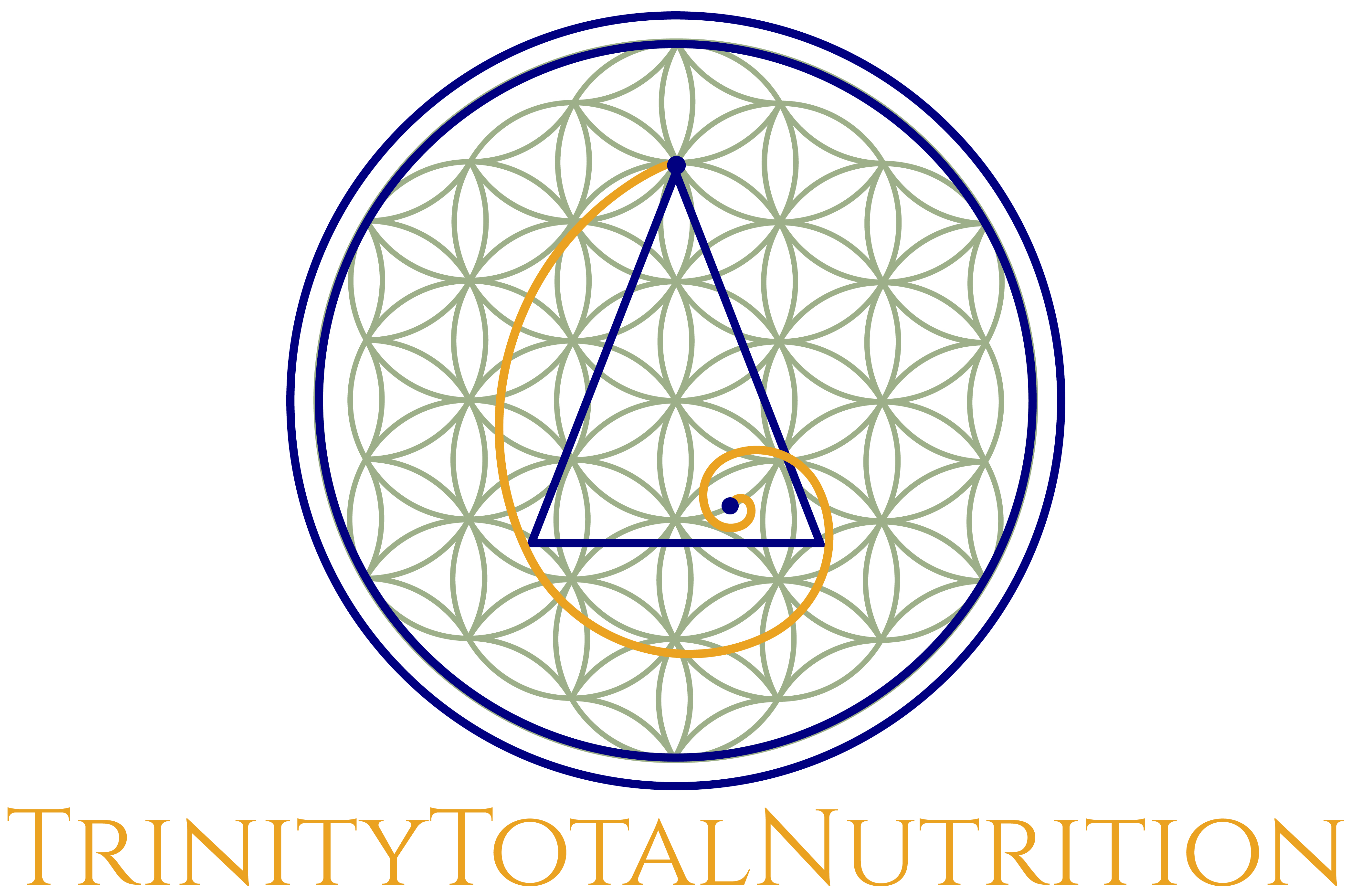It's time to visit some of the most common problems people face when changing their diets and nutrition. If you're like most people, you will run into some problems. And it is totally normal. It isn't always about a smooth transformation; it is about testing, learning, and improving. That's how everything works in the universe, so don't take all the marketing hype and transformation stories too seriously. They are showing the top 1% and leaving out 99%.
Let’s visit the problems one by one.
- First off: fatigue. It is a widespread side effect when transferring to a new diet. You might feel worn out, sluggish, not motivated to do anything, and even your sleep might be affected. Two prevalent causes for this are easily fixable.
Usually, it is either dropping your calories or your carbohydrates too low or too fast. When people start the transformation process, they are very motivated to get the results as soon as possible. It often leads to dropping calories and carbs too low, which causes the cells of muscles and the nervous system to suffer from energy deficiency. This itself causes the release of stress hormones, mainly cortisol, that causes side effects. This usually starts in the first week of changing the diet and is relatively easy to recognize.
What do you do? First of all, you should increase your carb intake (also protein and fat if needed) by 10-20 grams a day, or overall calories 50-100 kcal a day, until you feel good again. After that, you can experiment more freely with your macronutrient composition.
- Intestinal problems. Those are very common when starting a new diet, especially when our guts are in bad shape, to begin with. When starting a new diet, the common intestinal symptoms are bloating, diarrhea, constipation, gas pains, heartburn, reflux, and even loss of appetite.
One way to treat this problem is to give it time. Rapid and large changes in the diet can cause hormonal changes in the intestine and at the intestinal microbiota at the same time. But this is part of the adaptation to something new and is quite normal. Our intestine and hormonal system are both quite useful and it usually takes 1-4 weeks to adapt to the new diet. So - when your symptoms aren't that bad or don't disturb your day to day life too much, giving it some time might be the best way to go.
The second problem, which we went over in the fiber video, is too much fiber too fast. This can cause all the symptoms from the above. The cure is simple. Drop the fiber amount or just eat the fiber that you know your intestine can handle. Usually, oat has the kind of fiber that is friendlier to the intestine.
In some cases, it is totally fine to use fiber supplementation, such as psyllium, although there is rarely a reason to when you are eating correctly. It is recommended to use psyllium or other fiber supplements when you can't get enough fiber from your diet or if you have special medical or other reasons. Psyllium may also be a good fiber to test out when you have an irritable bowel syndrome or constipation. Just remember that you have to drink more when you use fiber supplements! Remember that fiber supplementation can affect drug absorption, so be aware when taking any prescription drugs.
Of course you might have irritable bowel syndrome or IBS which is a very common problem nowadays. If nothing helps, it is recommended that you’d seek out medical help.
In some cases, there are intestinal symptoms caused by supplementation - especially when one starts many at the same time. In those cases, it is recommended that you’d stop all supplementation and start them again one by one, slowly.
- Dehydration. It becomes an issue, especially when dropping weight quickly, changing eating habits, and becoming more physically active. You might get headaches, dizziness, fatigue, palpitation, and weakness in your muscles. We covered it mostly on the hydration chapter, but there is more to it. It isn't only about how much water you consume, but how much you can keep in your cells, tissue, and bloodstream. We won't go deeper into the physiology of this, but it has to do with mineral levels in your body. That's why it is also essential to have an adequate mineral supply in your diet. You should check out mineral supplementation options if you are physically very active, sweat much, or feel overly tired or dizzy.
- Acutely lowered blood sugar and blood pressure. That is an excellent thing, but it may cause problems for people with blood pressure or diabetes medication. This is why it is essential to monitor both of those more intensely at the beginning of your transformation process and have some plan to lower the medication. Always consult your healthcare professional in those cases and preferably before problems arise.
There you have the 3-4 most common problems when starting a new diet and lifestyle change. If the above advice doesn't work, or if you have medical conditions, it is recommended that you see your doctor and maybe have some tests done. And don't worry too much about the problems when you run into those; this is a totally normal part of any change. The worst thing you might do is start looking for the next trendy diet with the first signs of challenges. Let's do it differently this time, stick to the plan, and come out of it so much stronger.










